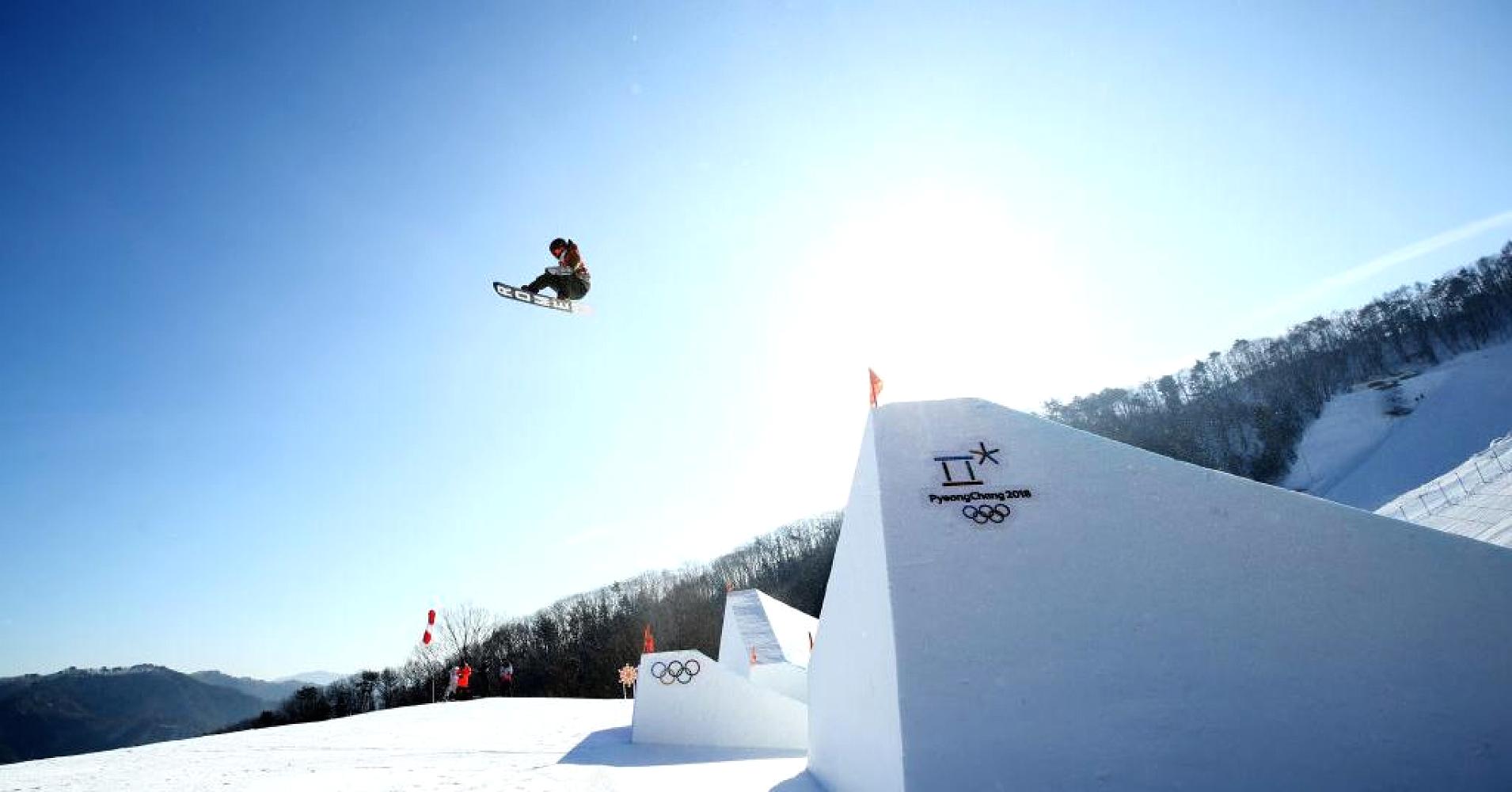
When Pyeongchang first pitched itself to host the Olympic games 15 years ago, few people within South Korea could even locate it on a map.
The city nestled in the Taebaek Mountains had fewer than 5,000 residents, only one major highway, and no train line. The remote villages that made up the Gangwon Province were better known for dried pollack than ski slopes.
But as the world’s top athletes converge on this region for the winter games, Gangwon’s Governor Moon-soon Choi says attitudes toward his region are changing, in part because of its physical transformation.
High-speed rail now connects Gangwon’s economic center to the capital, Seoul. A casino attracts tourists from the capital city. Snow-covered rice paddies have been replaced by Olympic skating rinks.
“Economic growth has been quite significant,” Choi said. “This area has become more internationalized since we improved the port and harbor. We started having cruises come over, and our employment rate increased.”
Gangwon remains directly effected by in South Korea’s troubled history, with the Demilitarized Zone still cutting off the third of the province that lies in North Korea. The site of fierce battles during the Korean War, Gangwon’s mountains remain a focal point for recovery missions searching for the remains of more than 7,700 American soldiers still unaccounted for, according to Pentagon figures.
Choi says U.S. troops had such a big presence here during the war, that Marilyn Monroe flew in to entertain them at an American military base back in 1954. The performance was so legendary, Inje County within Gangwon recently erected a statue of the actress near the Soyang River.
South Korean cities in the province have fared better than their neighbors north of the DMZ, but they have struggled to diversify their economy beyond old coal mines, farming and fisheries. Choi says few have dared to invest so close to the North Korean border, with tensions constantly flaring, making Gangwon among the poorest provinces in the country.
“Our province has been marginalized for more than 70 years,” he said. “So we are not as developed as other places in Korea.”
Still, Choi insists his push to host the Olympics wasn’t driven by the need for more development, but by a desire to bring both sides of his province together. North and South Korean athletes will march under a single Korean flag during the opening ceremony, while Korea’s female hockey players will compete for gold as a unified team.
The decision hasn’t been without controversy, given North Korean provocations, and constant threats from Pyongyang to launch its nuclear weapons. But Choi finds meaning in the Olympic gestures, largely because of where these athletes will compete.
The province’s name “consists of two syllables. The first one ‘Pyeong’ means peace, and the second one “Chang” means prosperity,” said Choi. “Pyeongchang together means peace and prosperity. Our hope for peace is in the name of the old land.”

